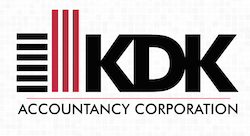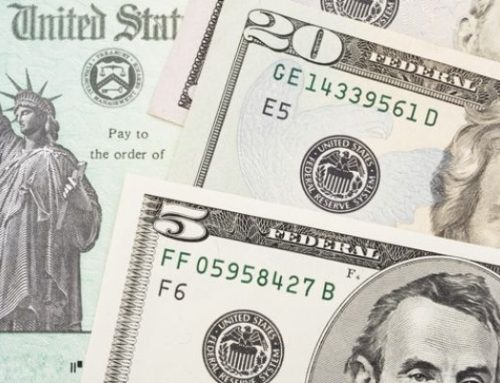The clock is ticking on taking advantage of tax breaks for 2016.
From managing capital gains to charitable giving, financial advisors point to a range of tax strategies that can help reduce the amount you fork over to Uncle Sam.
But don’t make the mistake of waiting to act until next spring, when the April 18 filing deadline is looming. (And no, that date for Tax Day 2017 is not a typo.)
“As long as the action occurs by Dec. 31, it will count for your 2016 taxes,” said certified financial planner Alex Koury, vice president of investment planning for Householder Group Estate and Retirement Specialists. “Otherwise, it will go against 2017.”
Capital gains pains
In the mutual fund world, 2016 is shaping up to be a more active year than usual for capital gains distributions. And if you own mutual funds outside of tax-deferred retirement accounts, such as 401(k) plans and individual retirement accounts, you could end up owing taxes on those gains.
“A lot of mutual fund managers are in the black this year,” said Ian Weinberg, a CFP and CEO of Family Wealth & Pension Management. “So they might have a large [capital gains] distribution that they’re going to make, and they aren’t always thinking about the income taxes of the investors.”
Basically, when a fund sells a holding at a profit, the fund is legally required to distribute that gain among shareholders, who in turn must pay taxes on it even though they personally sold nothing.
Most mutual funds’ 2016 distributions range from modest to higher than usual, but a handful are socking shareholders with gains of 20 percent, 30 percent or more of the fund’s share price, according to various published reports. So if you own funds in a taxable account, make sure to check on the capital gains factor.
“It calls for some examination of your holdings to make sure there are no big surprises,” Weinberg said.
Also, if you’re thinking about buying into a mutual fund before the end of the year, check to see if it has already distributed its capital gains.
“If it has not, avoid making the purchase until after the fund makes that distribution,” said Koury at Householder Group Estate and Retirement Specialists. “Otherwise, you’re going to pay taxes on gains [that didn’t benefit you].”
You can read the other half of this great article on CNBC here: http://cnb.cx/2hWUEmH





